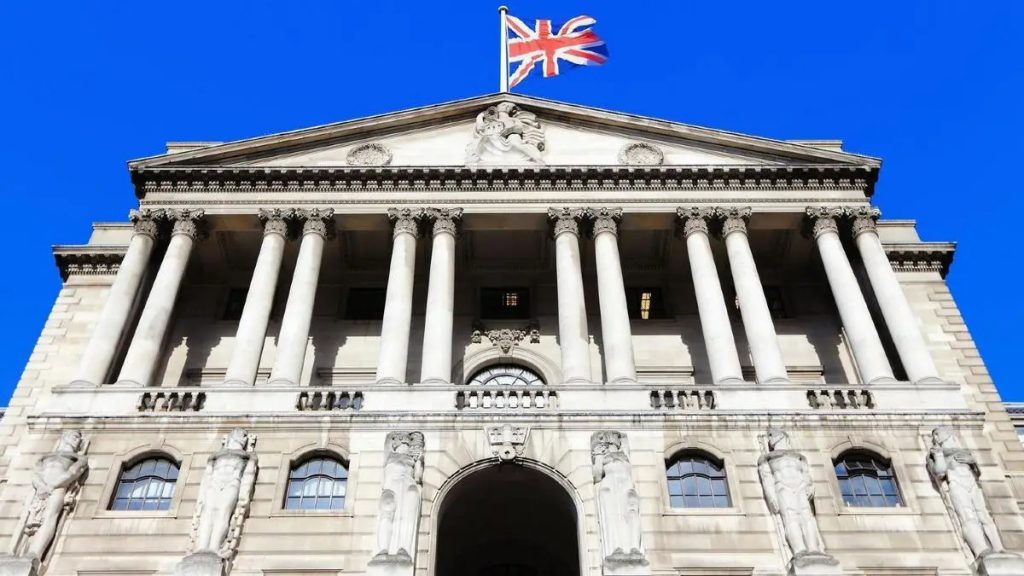Reuters reported that the World Bank has warned of a global recession in 2023. The fears of a recessionary state have lingered throughout 2022, which then sported near-constant increases in rate hikes. That decision could have implications for the coming year.
In news surfacing today, the World Bank cut its 2023 growth forecast to a level that sees many countries on the brink of a recessionary status. Moreover, with the continued impact of Russia’s war on Ukraine, and the central bank’s rising interest rates, the economic outlook for 2023 is growing grim.
Recession Possible for 2023 According to World Bank
The 2022 economy was an interesting one to behold. Despite the central bank of America insisting that employment was stable enough to support it, interest rate hikes became a constant sight. Thus, other countries followed suit, with central banks all raising interest rates to combat growing inflation.
Now, that decision could sport very real consequences, as the World Bank has warned of a global recession possibility in 2023. Reuters reported that the World Bank has stated its expectation of global GDP growth of merely 1.7% this year. Subsequently, that number would be the slowest pace outside of the 2009 and 2020 recessions in 30 years. Conversely, the bank’s 2022 Global Economic Prospects report forecasted a growth rate of 3.0%.
Additionally, Reuters noted that the bank has cited “slowdowns in advanced economies,” as well as cuts to its forecast to 0.5% for the U.S. and the Eurozone, which could foreshadow a global recession. More concerning, it would only be occurring three years after its last recession in 2020.


In a statement, the bank spoke on the economic fact leading to their rather discouraging projections. “Given fragile economic conditions, any new adverse development — such as higher-than-expected inflation, abrupt rises in interesting rates to contain it, a resurgence of the COVID-19 pandemic or escalating geopolitical tensions — could push the global economy into a recession,” the bank stated.
Conclusively, the World Bank noted that the forecast will be specifically hard on developing economies. Already struggling with “heavy debt burdens, weak currencies, and income growth, and slowing business investment that is now forecast at a 3.5% annual growth rate over the next two years,” Reuters reported. Moreover, the statement comes alongside the World Banks’ expected consideration of an “evolution road map,” according to the report.





